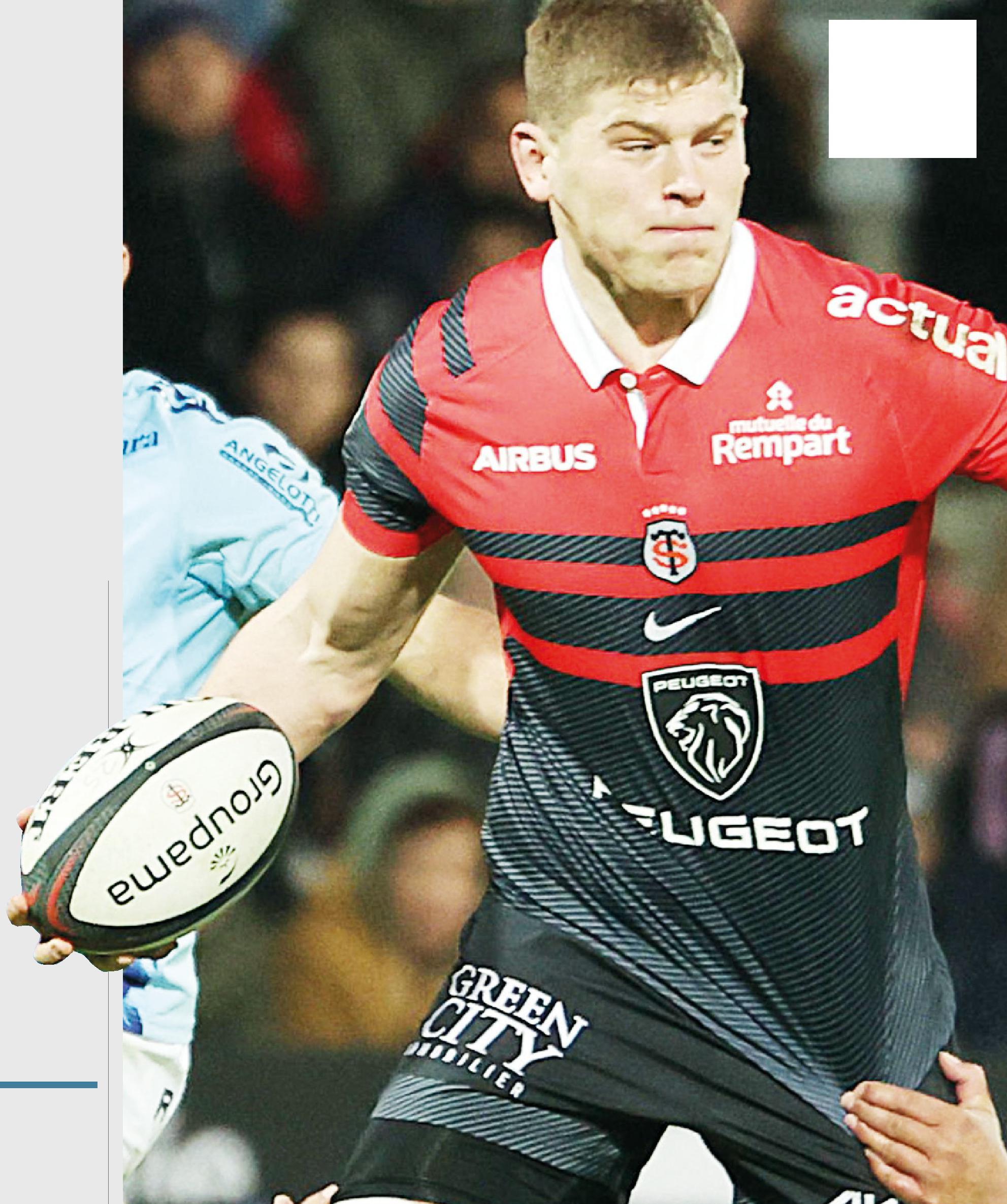A FRONT ROW VIEW OF THE GAME

So I was wrong, I admit it. Joe Marler didn't have his sentence reduced so he could be available for an England selection as, so far, he hasn't made the squad. As good as Joe, below, is – he's still one of the best props in the Premiership – it seems that he is currently surplus to England's current requirements for the Six Nations.
Steve Borthwick has picked a squad and has opted for the usual mix, with a couple of new boys to offer some possible options that may bring some consistency come the World Cup, plus a recall for an oldie but goody in Dan Cole.
As with all first timers, it will take time for any of those new players (who are lucky enough to be selected in the match day squad) to adjust to the intensity of the international game.

As for Dan, I can't help thinking Borthwick is using him as a possible saviour should Kyle Sinckler be pressured in the scrum again rather than looking for a long term solution, which unfortunately may actually cost England in the long run.
However, it's good to see that the Premiership and RFU have allowed the breaking of the unwritten rule that players must be playing in the Premiership in order to be picked in the England squad.
Although this was achieved before when Saracens were forced to play in the Championship, it was business as usual when they returned. But the inclusion of Jack Willis who now plays for Toulouse is something different.
Jack's move to France after the disaster of Wasps was no surprise but this will make him the first player picked from an overseas club which, given the current rumours of a large number of current players looking to move abroad, may be essential if England want to get back to winning ways.

This Six Nations is not just a part of the build-up towards the World Cup at the end of this year, but is a vital step in bringing rugby back from the brink as the RFU is being forced to face the fact of the continual decline in the men's game.
What has to be remembered is that rugby is a relatively small game that is played mainly by amateurs and it is those clubs that desperately need help in bringing back players and their supporters.
The constant failure of the Premiership to provide adequate finance to balance its books and its virtual bribery of the RFU to fund its poor management, has meant less and less funding for the grassroots.
The RPA response to the DCMS report on rugby shows the conceit that is an unsavoury part of the professional game in believing it was all about the professional game and its players, even using its conclusions for its own purposes.
The comment for the DCMS that player welfare should be at the forefront of the game's authorities has been seen by the RPA as a method by which to change the Professional Game Agreement to “significantly affect the current and future professional players”.
What the RPA seems to forget is that although its members may be at the shop window of the sport, they make up just a tiny proportion of those that play the game. And that the professional game can only exist with the financial support of many grassroot players and supporters who pay to watch them play.
Player welfare is important at every level of the game and it is in fact probably more important at grassroots where players must remain injury free to carry on with their real work throughout the week unlike the professional players who will continue to be paid even if they can't play as a result of injury.
Any changes in the game must be for the benefit of the grassroots even if it makes life a little more difficult for the professional game, because, as the reports says: “The sport's administrators have a responsibility to safeguard the game.”
Funding the professional game at the expense of the rest has been short sighted and does not safeguard the game but is a consequence of the rush to change the game overnight from amateur to professional.
Somehow, the levels of funding from the RFU to the Premiership must be reduced to allow a fair and equitable level for all of the game, and the agreements of the past should be confined to history.
The old saying, “if you don't learn from history it will repeat itself ” which is what has hap- pened in rugby with each new PGA providing more money that has increased players' wages to an unsustainable level and has finally resulted in the Worcester and Wasps scenario.
Unfortunately, the RPA has also played a part in the demise of English rugby to its current position with threats of strikes unless payments were increased to players for international matches, which, as I have said before, was unnecessary as player wages at least double when they become an international and also increases overseas earning potential.
If Steve Borthwick's ‘shop window' can once again bring success in England's Six Nations games, let alone the World Cup in the autumn, it could provide the boost that the game so desperately needs.


























